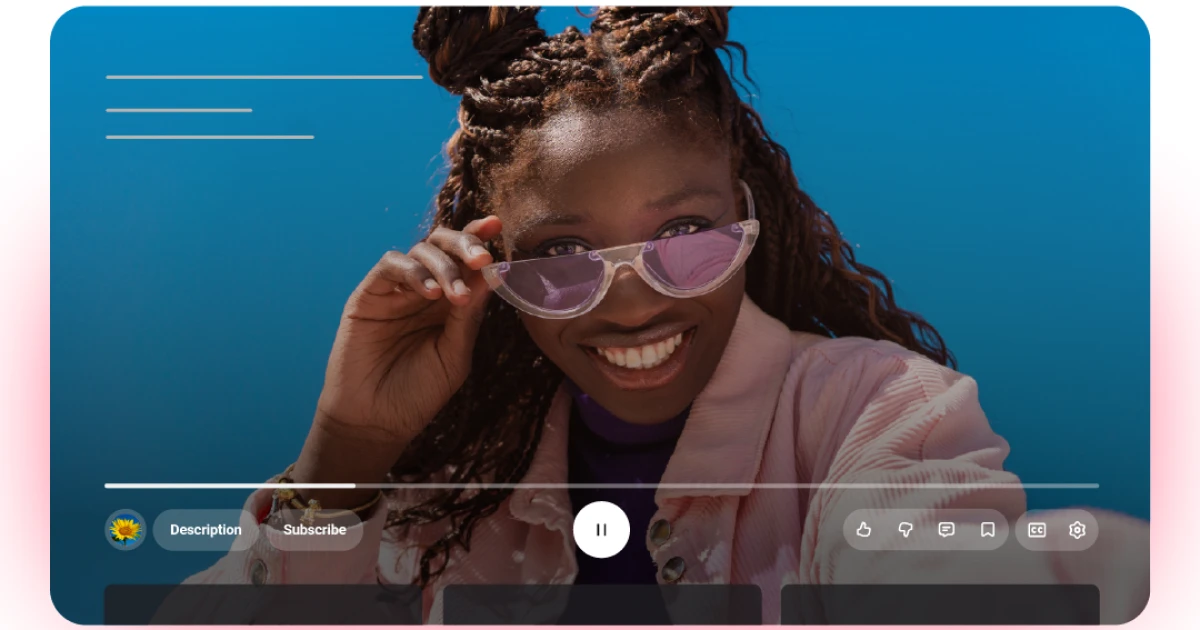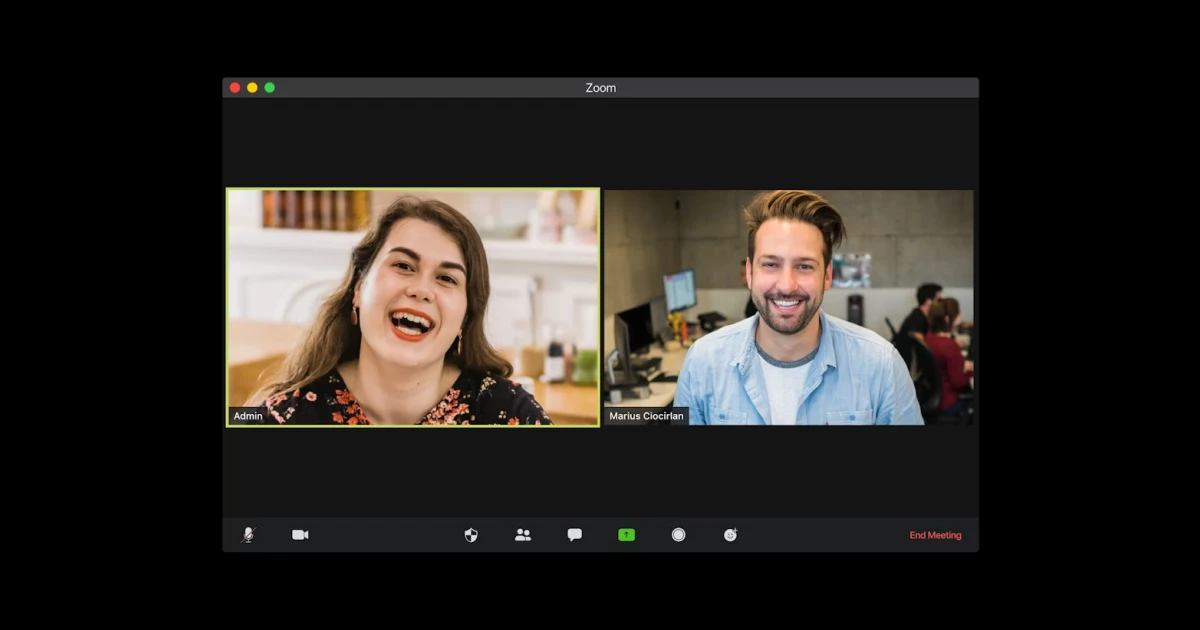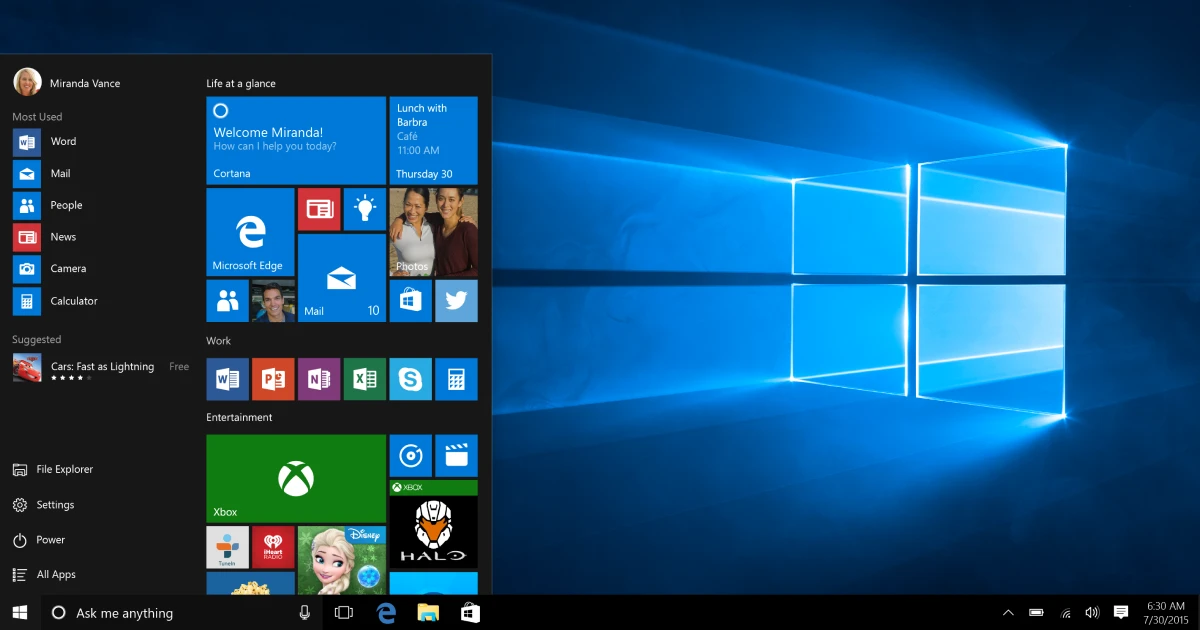Charles Breyer also talked about federal securities and how the law does not require Meta to explain or detail the level of severity of content that is sexually explicit, and the exploitation of children on those platforms. Even more so, they could not disclose either the child protection strategies that ahs been decided not to be taken in action.
Charles Breyer wrote “In essence, Eisner would have had Meta argue against its own recommendations, tout the benefits of tools it ultimately rejected, highlight its own failures, and devalue its own successes,” and “That is not necessary.”.
Eisner’s lawyers haven’t responded to those comments, as well as the lawyers for Meta and Zuckerberg.
This lawsuit also looked forward to blocking Meta from keeping its annual meeting until the proxy statement had been amended. Meta and Zuckerberg needed to cover Eisner’s fees and costs, in the case of holding the meeting void election results were expected.
In June, Breyer refused to join the meeting and said that many of Meta’s assurances from the proxy statement were more aspirational and did not justify the lawsuit. The dismissal of today’s lawsuit was with prejudice, which means that Eisner’s can no longer sue Meta and Zuckerberg ever again.
However, this is not the only lawsuit that Meta is facing, as it has over a dozen state attorney generals accusing them of creating a harmful environment for children and young adults, while the risks are ignored.
The social media platform also faces countless lawsuits from children and their parents and guardians and even school districts due to them causing addiction. Meta is not the only social media mother company that has been sued, TikTok and Sachat also suffering the same consequences.
















